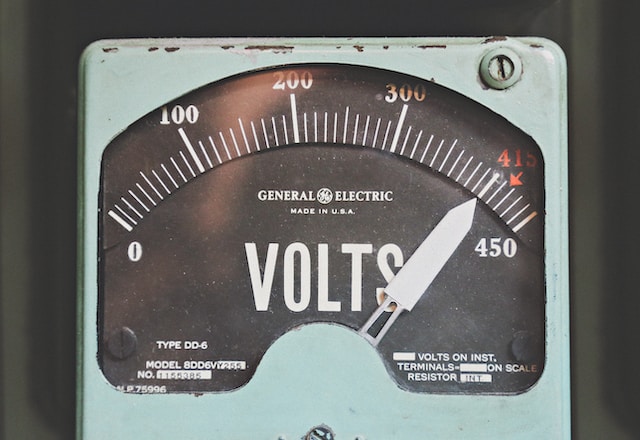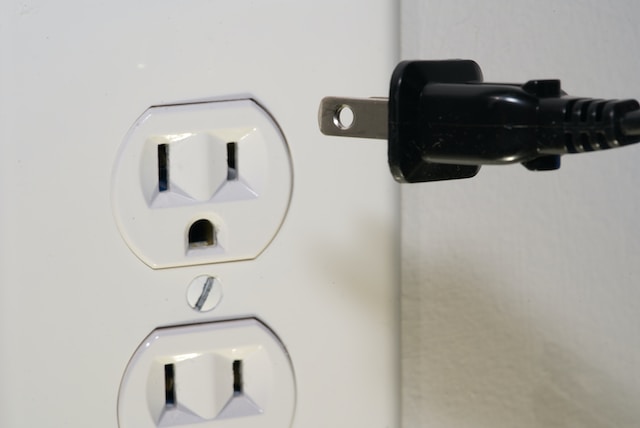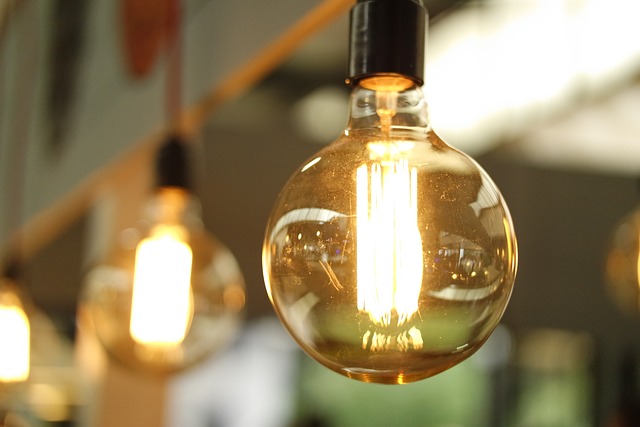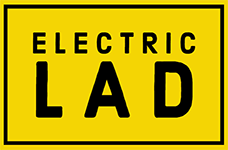
As the world moves towards a more sustainable future, conserving energy becomes increasingly important. One of the primary ways to conserve energy is by practicing efficient electricity use. Electricity is one of the most important commodities we use every day, but it’s also one of the most wasted.
Being mindful of how much energy we use can go a long way in reducing the environmental impact of electricity generation. There are a number of ways to conserve electricity, and by adopting these practices, we can not only save money on our electricity bills but also reduce our carbon footprint.
Understanding Electricity Consumption
Electricity is a basic necessity in our daily lives, and it fuels our homes, workplaces, schools, and entertainment systems. However, it is important to note that the overuse and waste of this precious resource can have a significant negative impact on the environment. To conserve electricity, it is essential that we understand our consumption habits and the impacts they have.
Common household appliances
The first step towards understanding your electricity consumption is to know the energy consumption of your household appliances. Most commonly used appliances such as refrigerators, washing machines, air conditioners, televisions, and computers have a label that specifies their energy consumption. You can use this information to determine which appliances are energy efficient and which ones you should use more sparingly.
Identifying high-energy consuming devices
Some devices consume more energy than others, and identifying them can help you save on electricity costs and reduce your carbon footprint. High-energy consuming devices such as air conditioners, water heaters, and ovens are essential to daily living but can also be power hogs.

Adjusting the temperature on your thermostat or installing smart appliances that automatically shut off when not in use can help you save on energy while still enjoying the benefits of these devices.
Estimating electricity costs and Eenvironmental impact
Electricity consumption varies from home to home, and estimating your electricity costs and environmental impact can help you make better decisions about energy conservation. You can use online calculators, such as the Home Energy Saver tool, to estimate your energy consumption, potential savings, and environmental impact.
Tips for Energy-Efficient Practices
Energy-efficient lighting options and techniques
- Switch to LED bulbs, which use up to 75% less electricity than incandescent bulbs.
- Make the most of natural light by keeping curtains and blinds open during the day.

3. Turn off lights when leaving a room and use motion sensor switches to automatically turn them off.
Efficient HVAC systems
- Upgrade to Energy Star-rated HVAC systems, which are designed to use less energy while still providing maximum comfort.
- Regularly clean or replace filters to keep HVAC systems running efficiently.
- Use ceiling or standing fans to help circulate air and reduce HVAC usage during mild weather.
Smart energy management systems
- Install a smart thermostat, which can be controlled through a phone app and adjust the temperature based on your schedule and preferences.
- Use a programmable thermostat to run HVAC systems more efficiently, adjusting the temperature during the day when no one is home or at night when sleeping.
Effective insulation and weatherproofing techniques
- Insulate your home to keep heat inside during the winter and outside during the summer.
- Seal gaps and leaks around doors and windows to prevent drafts.
- Make sure your home is properly ventilated to reduce moisture, which can lead to mold and mildew, and hinder insulation’s effectiveness.
By practicing these energy-efficient habits, we can help reduce our environmental footprint and save on our electricity bills. These tips not only help conserve electricity but also contribute to the preservation of our planet for future generations.
Lifestyle Changes for Electricity Conservation

Electricity conservation is not only about using energy-efficient devices but also about making small changes in our daily lives. By incorporating small lifestyle changes, we can significantly reduce our energy consumption. Here are some ways to adjust daily habits for electricity conservation:
Adjusting daily habits
Simple changes such as turning off lights when leaving a room or unplugging chargers when they are not in use can greatly reduce electricity consumption. When possible, try to use natural light instead of artificial lighting. Additionally, consider taking shorter showers to reduce water heater usage.
Maximizing natural light and ventilation
Keeping curtains and shades open during the day maximizes sunlight entering the home, reducing the need for artificial lighting. Proper ventilation is also essential as it reduces the need for air conditioning during the summer months. Opening windows and using fans can help create a comfortable indoor environment without having to rely on air conditioning.
Using energy-efficient appliances and electronics
When shopping for appliances and electronics, choose energy-efficient options, which use less energy and reduce electricity bills. Look for ENERGY STAR labelled products, which are designed to minimize energy usage without compromising performance. Consider purchasing laptops, which consume less energy than desktop computers.
Unplugging unused devices and power strips
Devices and appliances continue to consume electricity even when they are not in use. This phenomenon is known as standby power or “vampire power.” Therefore, it is essential to unplug unused devices and power strips to minimize energy wastage.
Conserving electricity benefits both the environment and our wallets, and it is a simple but effective way to start making a difference. By reducing our energy usage, we can contribute to the conservation of finite resources and help in the fight against climate change.
